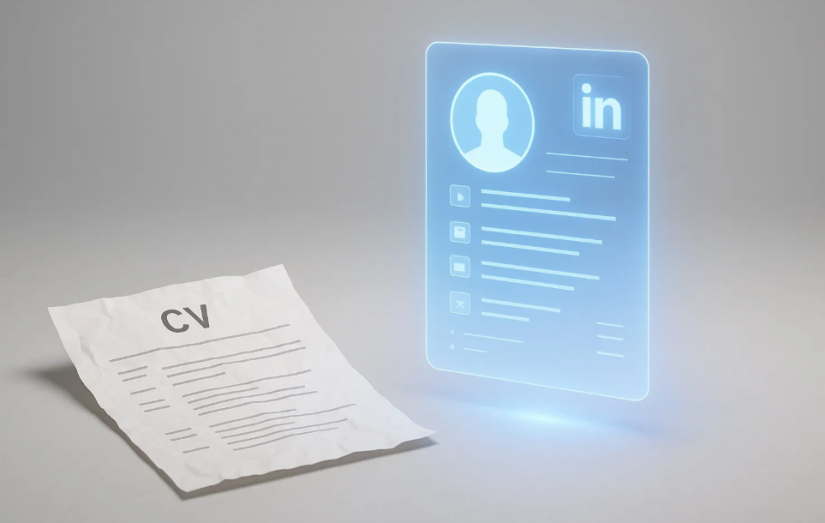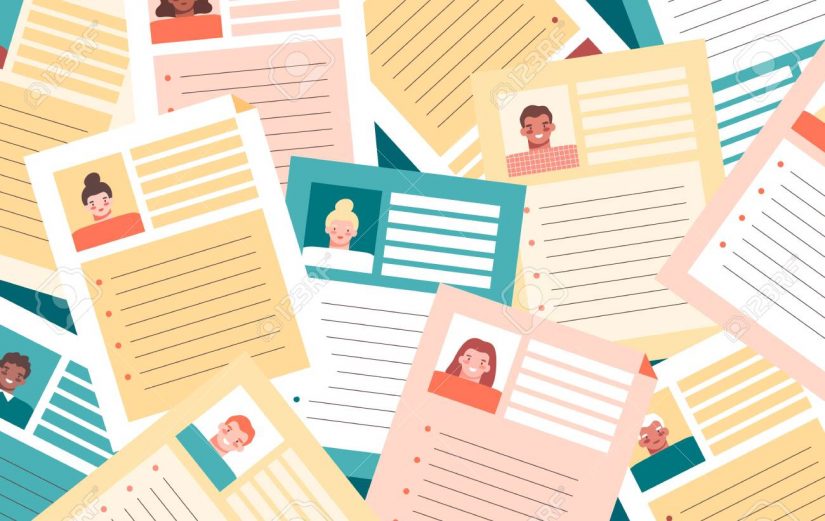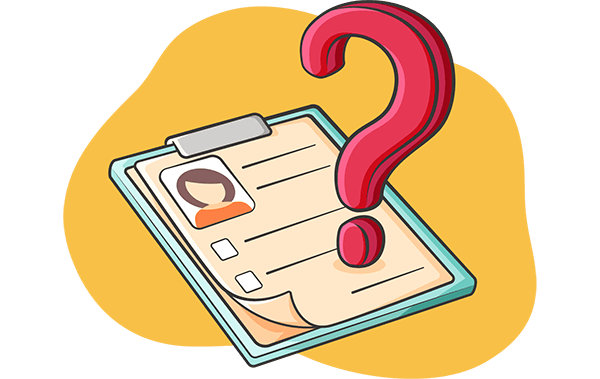From Resume to Personal Brand: Extending Your Document Across Platforms
In the modern job market, the resume is no longer a static document confined to a single page—it has become the cornerstone of a personal brand that extends across digital platforms. LinkedIn profiles, personal websites, online portfolios, and even social media accounts now form part of a unified professional identity. Recruiters and employers no longer rely solely on resumes; they Google names, scan LinkedIn, and browse portfolios before making decisions.
Highlighting Transferable Skills: Making Your Resume Relevant Across Fields
In a world where careers are rarely linear and job markets evolve faster than ever, the ability to highlight transferable skills has become one of the most valuable professional tools. Whether you’re switching industries, re-entering the workforce, or simply updating your resume for new opportunities, your success depends not only on what you’ve done—but on how you present it.
How to Incorporate Certifications and Courses
In an age defined by rapid technological change, the phrase “lifelong learning” has transformed from aspiration to necessity. Professional certifications, online courses, and micro-credentials have become an integral part of modern career development — not just for recent graduates, but for mid-career professionals adapting to new industries, technologies, and expectations.
How to Write a Resume When Switching Careers
Switching careers can be both an exciting and challenging journey. Whether driven by personal passion, market trends, or a desire for a better work-life balance, moving into a new professional field requires thoughtful preparation. One of the most critical tools for successfully transitioning is a carefully crafted resume. Unlike a standard resume, a career-change resume must not only highlight transferable skills but also demonstrate adaptability, potential, and a clear motivation for the shift.
How to Format a One-Page Resume
In today’s fast-paced job market, hiring managers often spend mere seconds scanning each resume. That’s right—just a few fleeting moments to decide whether you make it to the next round. That’s why a one-page resume isn’t just a convenient format; it’s a strategic tool. A well-crafted one-page resume allows you to tell your professional story succinctly, demonstrating clarity, relevance, and professionalism all at once. The goal is to make your resume as easy to read as a well-designed book, with a narrative flow that guides the reader from your name at the top to your most impressive achievements at the bottom.
Balancing Creativity and Academia: How Students Fight to Stay Inspired in a Structured World
Modern education was built on deadlines. Every semester, students are handed schedules, grading rubrics, and word counts. But creativity rarely works on a schedule. It appears when it wants to — during a walk at sunset, in the middle of a playlist, or at three in the morning when the rest of the world is asleep. For young people with artistic ambitions, college life can feel like an ongoing struggle between inspiration and obligation.
Cracking the Digital Gatekeeper: How to Make Your Resume ATS-Friendly
Cracking the Digital Gatekeeper: How to Make Your Resume ATS-Friendly
In the modern hiring landscape, your resume’s first reader is rarely human. Before a recruiter ever lays eyes on it, your document is likely to pass through an Applicant Tracking System (ATS)—a software filter designed to scan, sort, and rank candidates based on relevance to a job description. These systems were originally created to help employers manage vast numbers of applications efficiently. Yet for job seekers, they represent an invisible barrier between potential and opportunity.
Beyond Buzzwords: How to Effectively Showcase Soft Skills on a Resume
Beyond Buzzwords: How to Effectively Showcase Soft Skills on a Resume
In the modern job market, where algorithms filter candidates and data-driven metrics dominate recruitment, soft skills have become paradoxically the most human and most valuable differentiators. Communication, adaptability, creativity, emotional intelligence, and teamwork—these attributes cannot be quantified easily, yet they often determine success more than technical proficiency. Employers seek professionals who can not only perform tasks but also collaborate, problem-solve, and lead with empathy.
How to Write a Resume Objective That Stands Out
How to Write a Resume Objective That Stands Out
A resume is not just a summary of past experiences—it is a professional narrative, a brief story that persuades an employer that the candidate deserves a closer look. At the top of this narrative sits the resume objective, a short but crucial statement that encapsulates who you are, what you seek, and what you bring to the table.









